Morning Presenters
How To Fight A War Using Social Media
Red 28
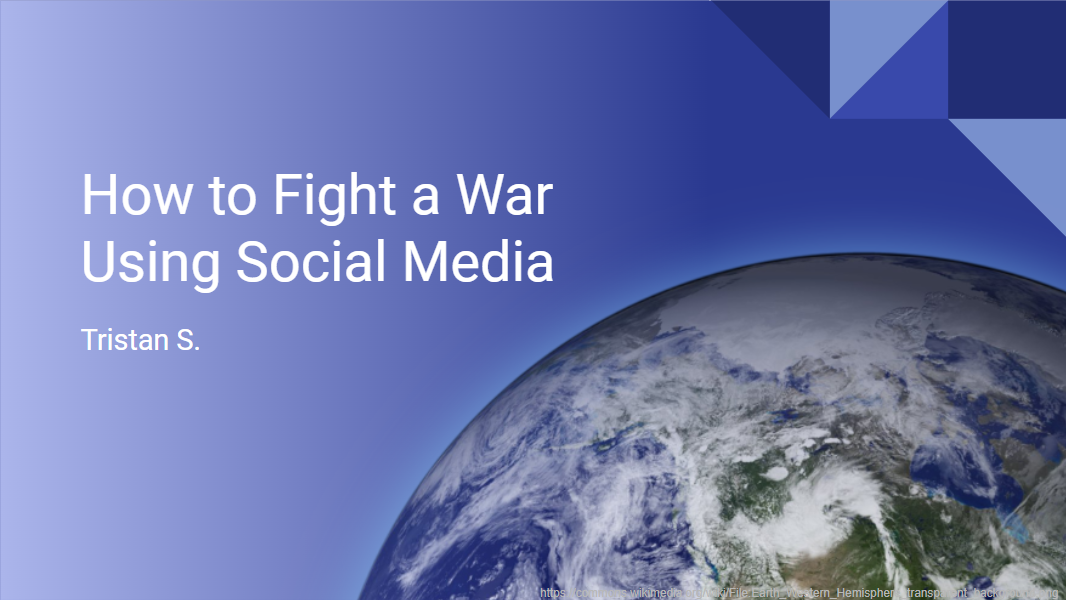
Do You Realize How Far Social Media Extends Your Reach?
Tristan S. (Rutland High School Student)
Participants will learn about the ways people have used social media and the internet to influence how international conflicts are fought. This session will focus on three examples from around the world: the Arab Spring, the evacuation of Afghanistan, and the Russian-Ukraine war. Participants will even learn how they might engage in similar struggles.
Local Issue: Using Social Media For Communitty Organizing
Global Issue: Peacekeeping, Conflict Prevention, Combatting Terrorism and Digital Divide
Geoengineering: Our Last Hope
Science Lab 1

How can Humanuity use science to respond to climate change equitably?
Emilia S. (Rutland High School Student)
The human species alters its environment more than any other known species on Earth, often negatively. Geoengineering explores the concept of purposely altering the environment to mitigate the dangerous effects of climate change. Participants will learn about a variety of strategies proposed and weigh the risks and potential impacts, which are not all equitable.
Local Issue: Designing a Rutland High School rain garden.
Global Issue: Climate Change
The American Dream Board Game
Red 21 & 22
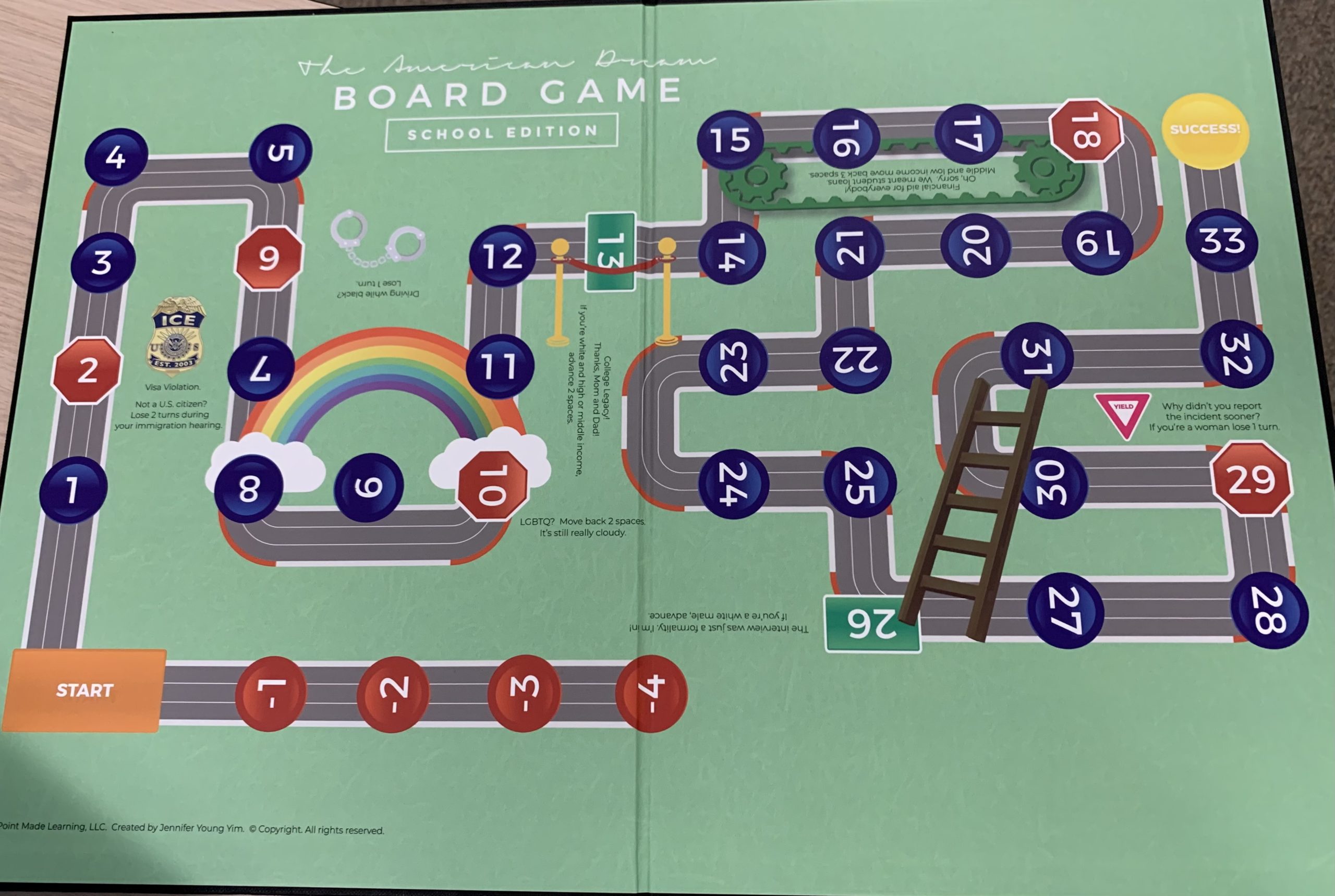
Are there systemic barriers to success to certain marginalized populations?
Students from the Rutland High School Global Citizenship Class
Spend some time in someone else’s shoes by playing the board game (created by Point Made Learning) that explores how bias, stereotypes, discrimination, and systemic inequity can block one’s path toward achieving the “American Dream.”
Local Issue: Awareness of Societal Discrimination.
SDG: Reduced Inequalities
Global Issue: Education For All
World Peace Game
White 22
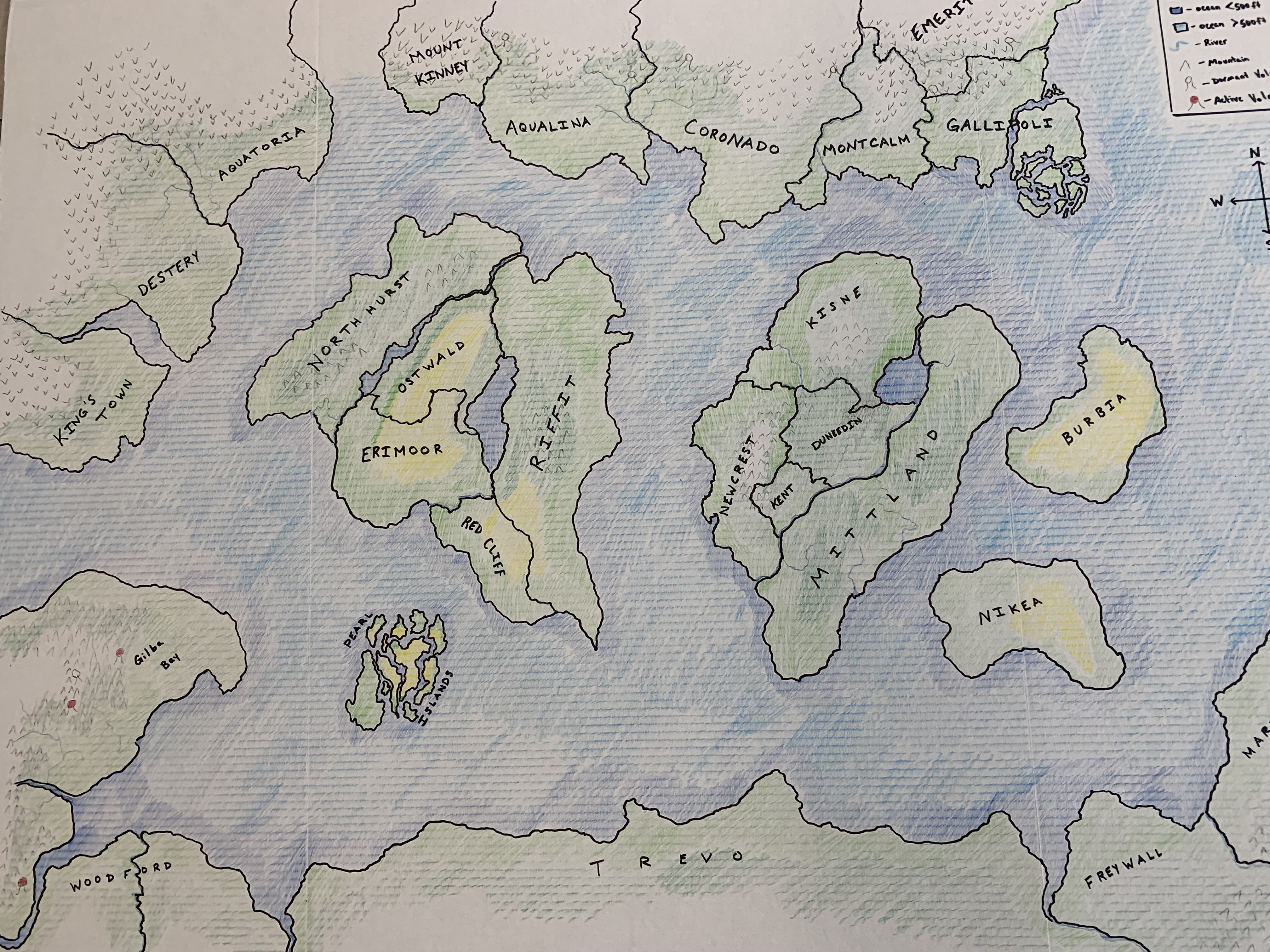
Is World Peace possible today?
Michael Callahan (Rutland High School Teacher)
In this real-time, interactive simulation, participants will have the chance to control a country politically, economically, and socially to turn their country into a world power. Students must make decisions under pressure that will affect their country’s future including war, economic depressions, natural disasters, and more.
Local Issue: Civic engagement with an appreciation for the complexities of governing
Global Issue: Peacekeeping, Conflict Prevention, Combating Terrorism
Thirst
White 27

Is Water A Right Or A Privilege?
Sue Tanen and her Rutland Intermediate School Class
The water crisis in India as represented in the book “Thirst” by Varsha Bajaj. This book was selected as the Global Read Aloud book for 2022. Readers from around the world have exchanged postcards and messages about their interaction with the story with others who have also read the book. The students will share what they have learned about the water crisis in India as well as the correspondence that they have enjoyed with other readers.
Local Issue: Students are becoming more mindful of their water consumption.
Global Issue: Water Deficits, Massive Step-Up in the Fight Against Poverty
Fresh Water Crisis: Diplomatic Simulation
Science Lab 5

When dealing with complex issues, how do we communicate in a way that promotes solutions?
Detlef Hagge (Rutland High School Teacher)
Participants will play the roles of stakeholders while trying to negotiate a peaceful solution to a water crisis senario.The habitat of an endangered species must be considered against the benefits of building a dam.
Local Issue: Learning how to communicate effectively with people who hold different perspectives on important common issues.
Global Issue: Biodiversity and Ecosystem Losses
Water Themed Paper Circuits
White 17

What are Paper Circuits and how do you create them?
Greg Styles (Rutland High School Teacher)
Participants in this session will learn how to create a functioning electrical circuit built on a paper foundation while investigating information about Water deficits. Students will learn how to make paper circuits while interacting with statistics about WATER.
Local Issue: How can students learn about water deficit issues and create learning tools to spread the information using paper circuits?
Global Issue: Water Deficits
Theater of the Oppressed
RHS Theater
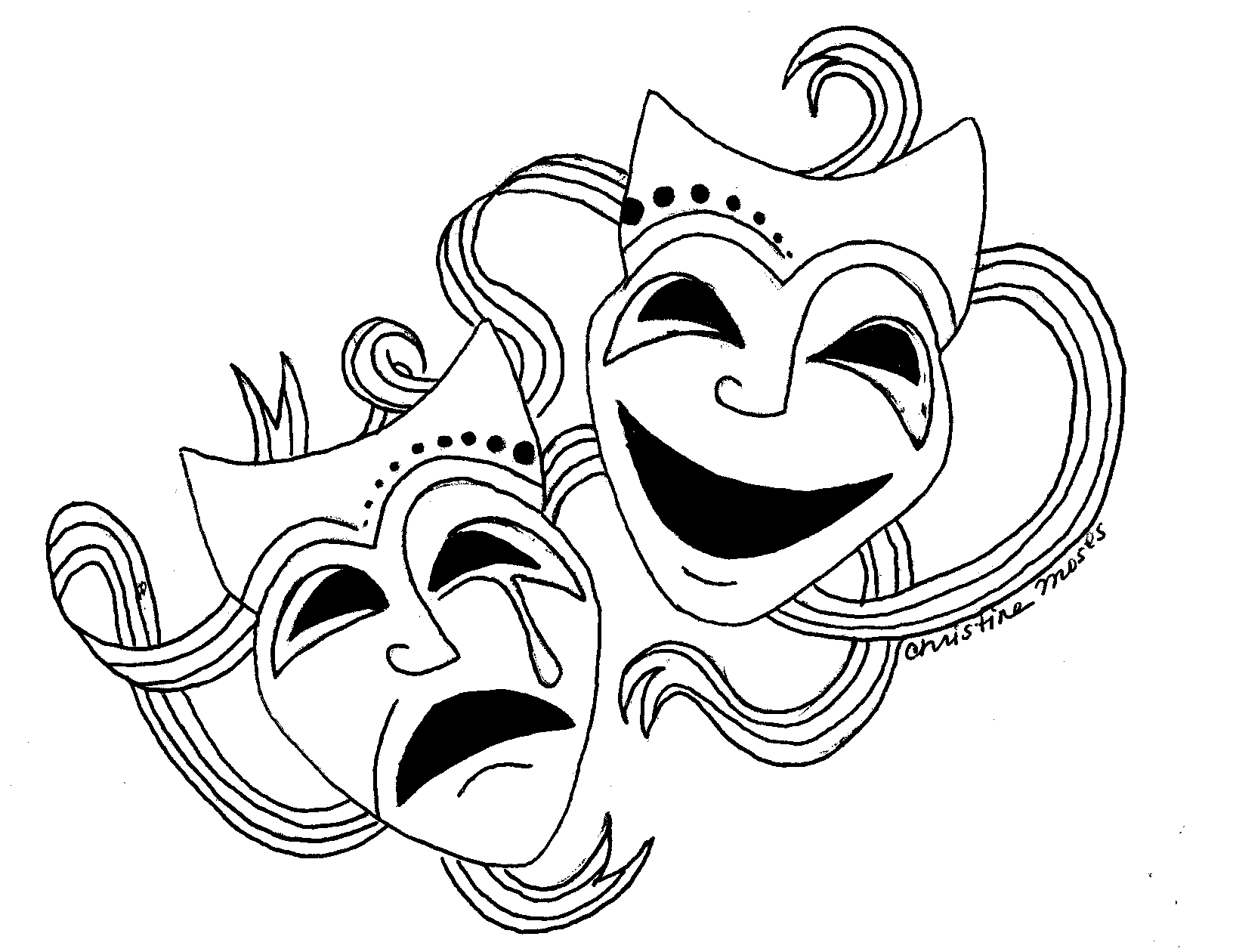
How can we use theater to affect change?
Cathy Archer (Rutland High School Teacher)
Build awareness, empathy, and voice to make positive influences in our community and beyond.
Local Issue: This session will actively make participants think and feel as they take on interactive aspects of the workshop.
SDG: Reduced Inequalities
Global Issue: Education For All
Social Tinkering: A Human Connection Project
Red 17
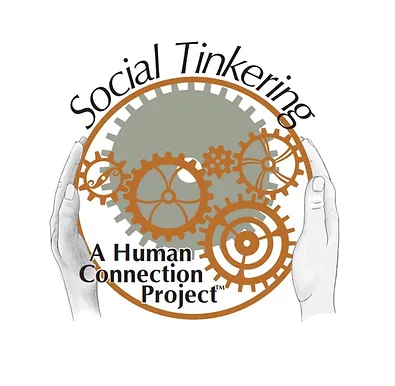
How does loneliness impact our personal health and the well-being or our communities?
Jeannette Langston – Director of Social Tinkering
There is a global crisis of chronic loneliness and disconnection affecting our health and wellness as well as our ability to respond to the issues facing us, including our climate crisis and environmental issues. In this session, you will understand how this loneliness crisis affects individuals, families, and communities. Our presenter will explain how we can increase a sense of belonging to combat loneliness in order to thrive. You will also hear of activities and gatherings sponsored by Social Tinkering in our region.
Local Issue: What can we do to connect with each other in our community, especially coming out of the Pandemic?
(There is not a GIN Global Issue that corresponds to this session)
What’s your Watermark: A film about Vermont’s Water
Lab 3

What’s the condition of Vermont’s water?
Global Citizenship Class Members
We live in a pretty pristine state, right? Even in Vermont we face challenges to our clean water sources. This film will raise our awareness about how to protect and preserve our access to clean water in Vermont.
Local Issue: How can we protect our regional watersheds?
Global Issue: Water Deficits
Rain Barrel Decoration
Creative Structure
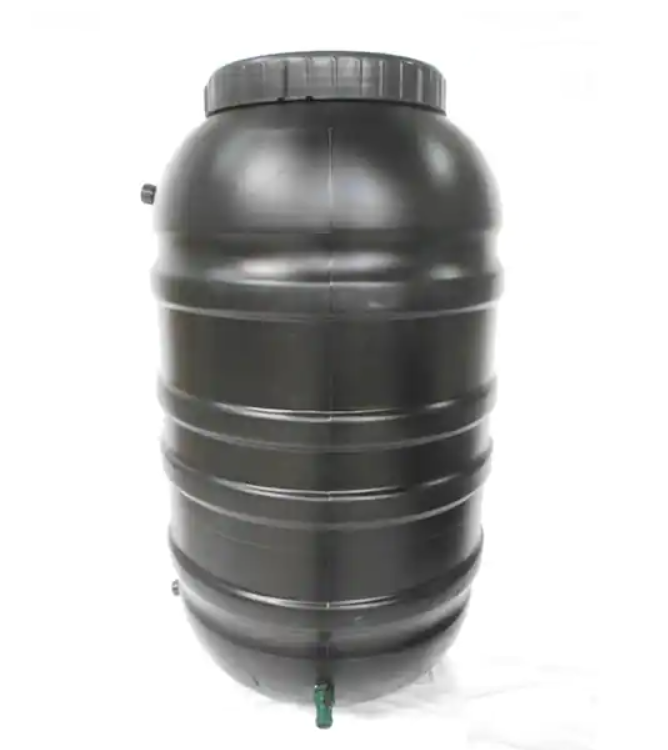
How can we support the work of Non-Governmental Organizations (NGO’s) doing good work to provide access to clean water?
Elizabeth McReynolds & Madeline Pritchard (RHS Art Teachers)
Participants will decorate 55 gallon rain barrels that will be donated to our community partner, Pure Water for the World, for raffel to the community for fundraising to support their work in Haiti and Honduras. Participants will use art to make a difference. Some lucky raffle winners will get beautiful rain receptacles for their gardens, farms or yards.
Local question: How can we manage our personal use of water better?
Global Issue: Water Deficits
Indigenous History
Red 13 & 14
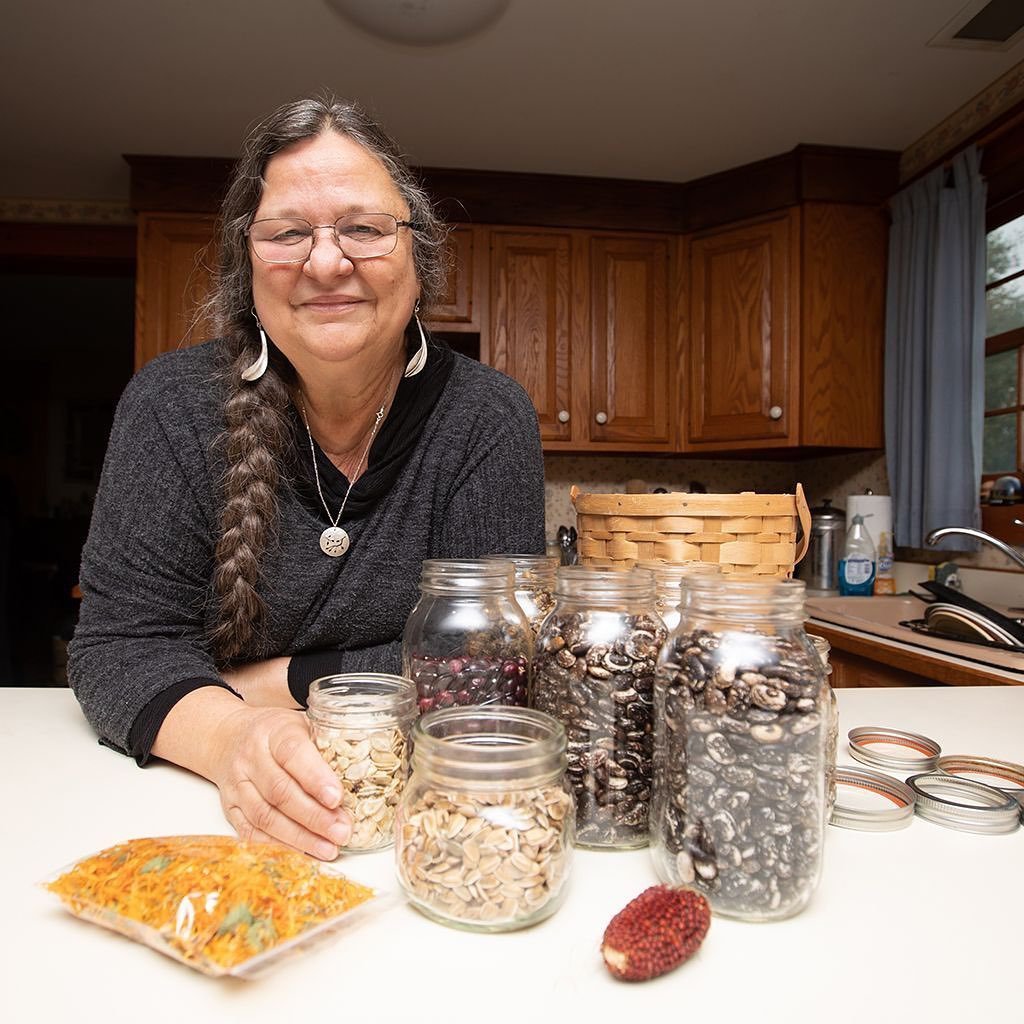
What don’t we know about Indigenous History in the United States?
Judy Dow
Judy Dow, Indigenous Scholar and Educator, will offer an introduction to Indigeous History, helping us to understand what we don’t know by highlighting the narratives of under-represented voices of Indigenous heritage.
Local Question: What is the history of Indigenous folk in our region?
SGD: Reduced Inequalities
(There is not a GIN Global Issue that corresponds to this session)
Public Works
Red 20

How do we get clean water to our taps and process waste water so that it can be used again?
Tom Garafanno
In this session students will learn the measures taken to assure that our local water is safe and accessible and how we can operate to help.
Local question: How does the Rultand City Public Works manage our local water and what can we do to help?
Global Issue: Water Deficits
Inclusion for Better Solutions
White 16

How can we cultivate solutions for global issues if we exclude large segments of the population from the process?
Clarena Renfrow (Rutland High School Technology Teacher)
In this all-day session, during Women’s History month and on the heels of Black History month, students will examine the contributions of Black women in the fields of mathematics and science. The discussions will be anchored by excerpts from the film Hidden Figures.
Local Issue: How do we make STEM programs accessible, attractive, and welcoming to all learners?
SDG: Gender Equality
Global Issue: Education For All
Pure Water for the World-Honduras
Gym
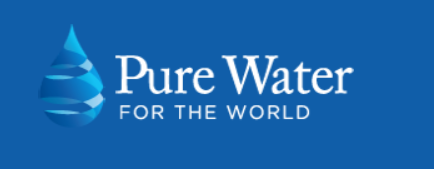
How are we impacted by others in the world that do not have access to clean water?
Maria Regina Inestroza
In this session, our keynote speaker, Maria Regina Inestroza, will expand on sharing the work that Pure Water for the World does in Honduras…the challenges and the victories. Pure Water for the World was created out of the mission of a Rutland, Vermont Rotary club and is headquartered in Rutland. If you wish to take action to make clean water accessible you can do it with them.
Local Issue: How can students get involved with Pure Water For The World?
Global Issue: Water Deficits
Aqua India: The Untold Saga
Red 24

How do young people characterize India’s relationship with water?
Students and the outreach coordinator from the Shri Shikshayatan school in Kolkata, India
In this session you will meet students from a school in Kolkata, India with whom RHS is building a relationship. The students will offer their perspectives on their relationship with water– tapping into art, literature, music, science, history, geography and politics. We will also open up the conversation in an effort to build an appreciation for and understanding of one another.
Local Issue: How can we join forces with a school in India to explore and address our common challenges and to learn more about one another?
Global Issue: Water Deficits